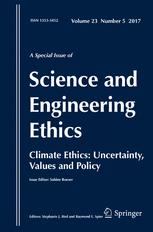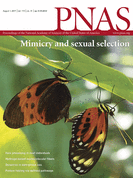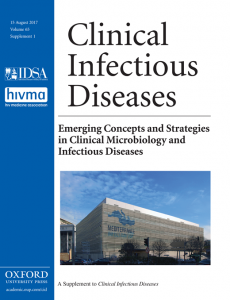 A BMJ journal has retracted a medical case report about a couple in the United Kingdom who were infected by parasitic worms while on a Caribbean cruise.
A BMJ journal has retracted a medical case report about a couple in the United Kingdom who were infected by parasitic worms while on a Caribbean cruise.
The paper in BMJ Case Reports included graphic photos of the patients’ buttocks, the site of the infection, which were republished within a week by UK tabloids.
Specifics about when and why the journal retracted the paper remains unclear. BMJ Publishing Group, the journal, and the corresponding author have not responded to multiple requests for comment.
A UK-based lawyer, who has represented doctors in cases that touch on publishing and media law, told us there could be legal trouble. Martin Soames, of London firm Simons Muirhead & Burton, told Retraction Watch that UK laws governing patient confidentiality or protection of personal information could apply, raising problems for both the publisher and the doctors who wrote the paper. [See update at the end of the post, in which the editor says the paper was removed, and “does not consider that there are any issues of liability.”] Continue reading BMJ journal pulls case report after UK tabloids publish graphic photos






 A once-prominent researcher in the field of infectious disease — who was found
A once-prominent researcher in the field of infectious disease — who was found 
 Post-publication peer review isn’t just for scientists. Newspaper reporters can help correct the scientific record, too.
Post-publication peer review isn’t just for scientists. Newspaper reporters can help correct the scientific record, too.